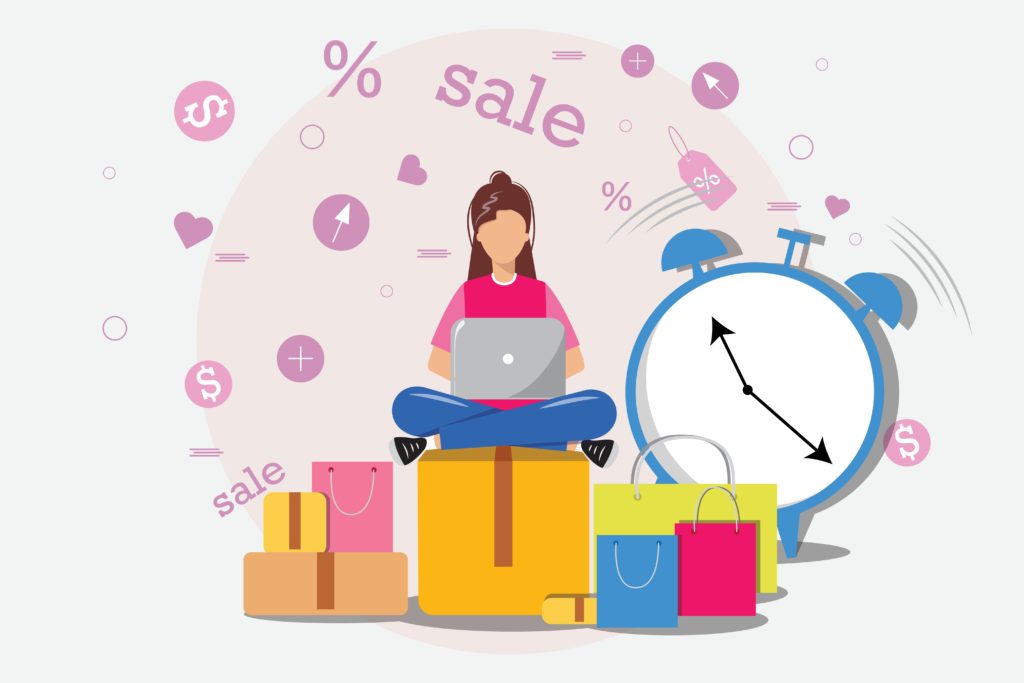
Auctions are great places to get a bargain, you would think. For instance, at one auction a foreclosed house that had started at $25,000 came down to the crazy price of $2,000 before a bidder put her hand up.
She thought she’d got a bargain. Unfortunately so did the guy in row three. Up went his hand, and up went the price to $3,000. Her hand went up; $4,000. His hand went up; $5,000. Eventually, the house sold for nearly $40,000.
If either of those bidders had put their hand up at $25,000, they’d probably have got the house at that price.
What made them behave like that? Two things. First of all, the love of a bargain; and then secondly, fear of missing out (FOMO). At some point, they each decided that not letting the other person get a bargain was more important than actually getting a bargain themselves.
If you’re selling on Amazon you won’t be selling at auction, but recognizing these emotional responses from customers puts you in a good place to maximize the effectiveness of your discounts.
Remember that in a way, a customer has an emotional connection to the price they pay, not just a rational one. Imagine you just managed to score a fantastic car for ten percent below the usual price – then your friend says “Hey, I managed to get the same price and they added leather seats, too!” Suddenly you don’t feel so happy!
This is what’s called the ego-expressive aspect of price. You feel the price you pay is an expression of who you are; a smart shopper, a good negotiator, a bargain hunter.
So how do you make use of this? One thing you definitely must not do is to destroy smart-shopper feeling by increasing your discount once customers have already bought your product, unless there’s a good reason such as a closing-out sale. That makes them feel mad. “Hey! I thought I’d got a good deal, but it was lousy! If I’d waited I would have got an even better price!”
One thing that can help make your customers feel great about taking a discount is to get them to feel they did something to achieve that great price. That could be collecting coupons, answering a simple question, or joining Vipon. Then they don’t feel they were just lucky; instead, they feel they are responsible for having got the deal. Again, the smart shopper feeling is in play.
Car dealers know all about this. A car is a big ticket purchase that customers don’t make often, and they’re likely to be apprehensive about making it. Although cars sell on the basis of a list price, a car dealer will always find some way of offering a discount or giving some type of feature away. That leaves the customer feeling smart, and stops them from getting buyer’s remorse.
You also play with FOMO, of course. For instance, you could offer the discount only on a certain number of sales, or only up to a particular date. If someone’s thinking about buying, but they have been deferring the purchase for a while, or isn’t certain just yet, the availability of a time-limited discount might be just what’s needed to push them into a purchase.
“Only the first 1000 customers” style offers are also great because they make your customer part of a tiny elite – even if it’s just the tiny elite of customers who bought a pack of ballpoints for $9 instead of $10. That’s really affirming the ego-expressive aspect of price as far as they’re concerned!
And of course, if you want to find the greatest number of smart shoppers around, all looking for discounts, look no further than the Vipon community.